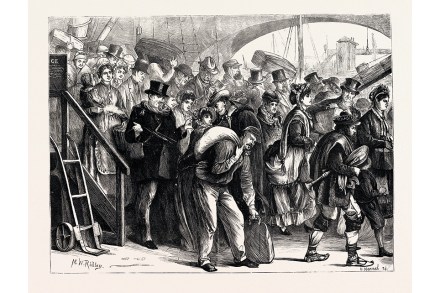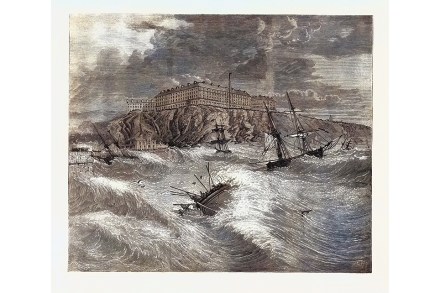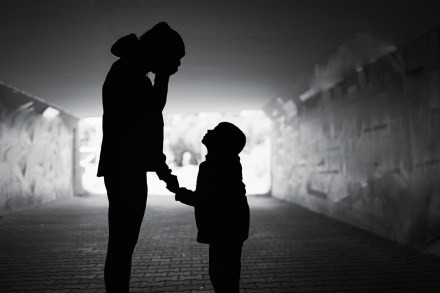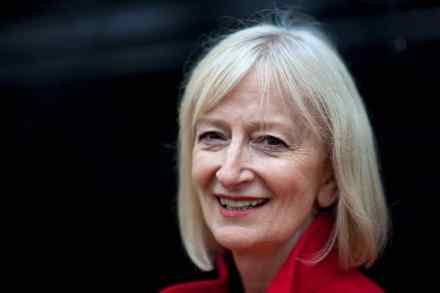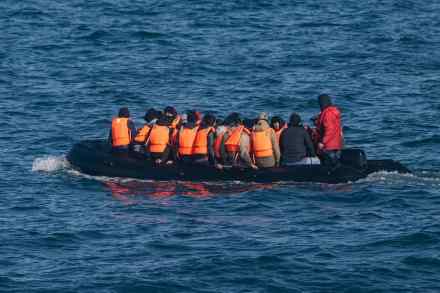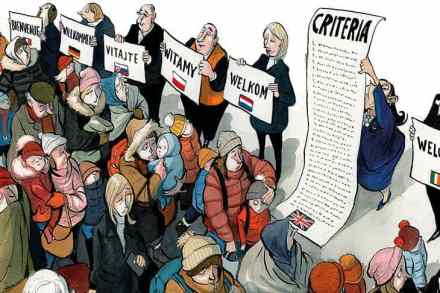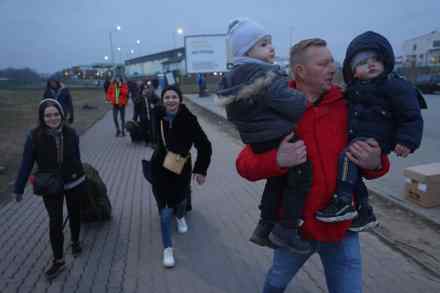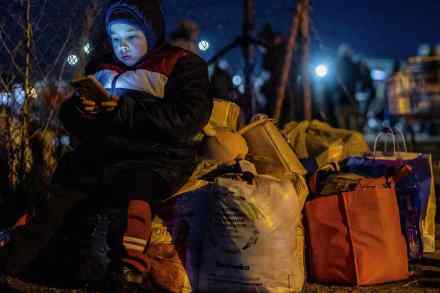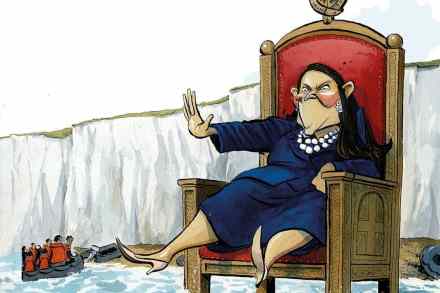The rewards of being the ‘asylum capital of the world’
They came on a small, crowded, leaky boat from Calais towards Dover in seas that could turn from placid to treacherous in an instant, around 30 people seeking sanctuary from persecution, unsure of the welcome they would receive. ‘We were seized by horrible vomitings and most of the party became so dreadfully ill they thought they were dying,’ one of the group, a young mother accompanied by her two children, wrote later. The year was 1620 and quite possibly among the refugees might have been a forebear of Nigel Farage. This small boat, one of many hundreds that crossed the Channel in the late 16th and early 17th centuries, was
